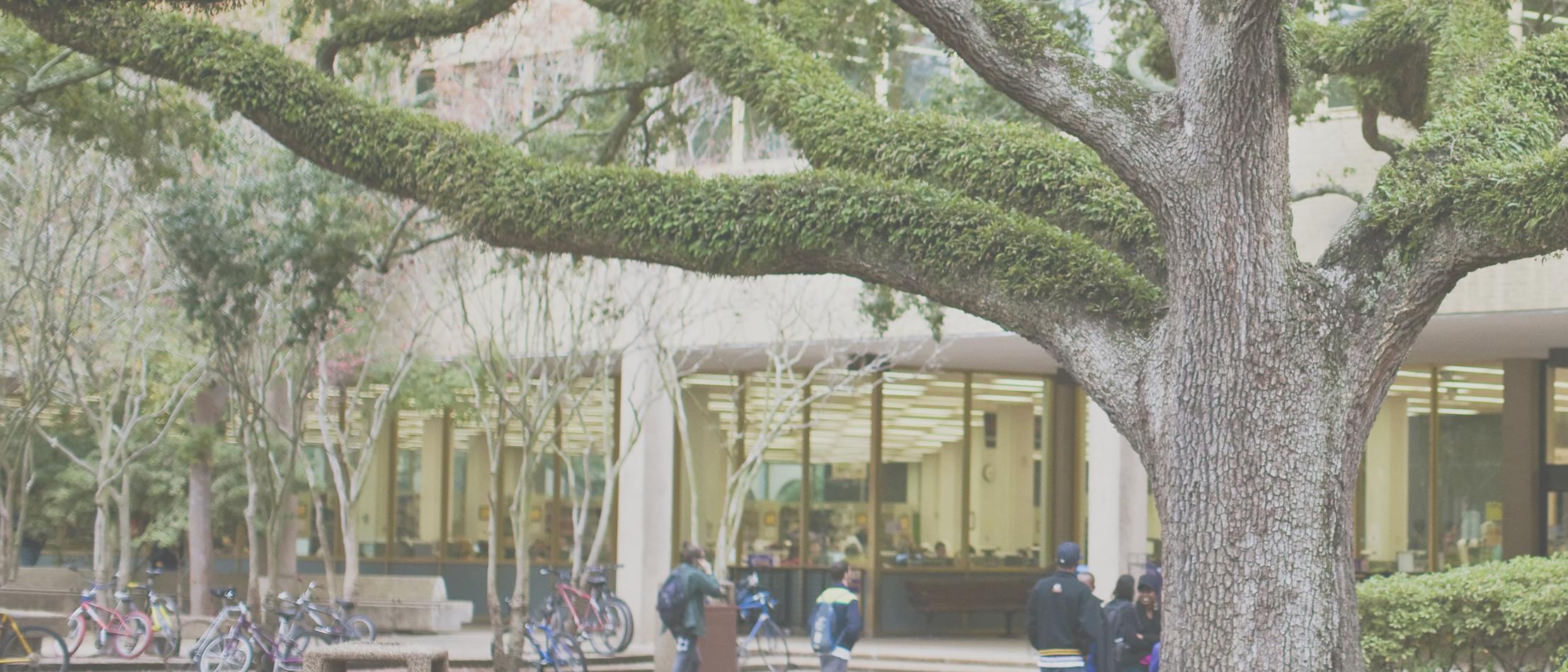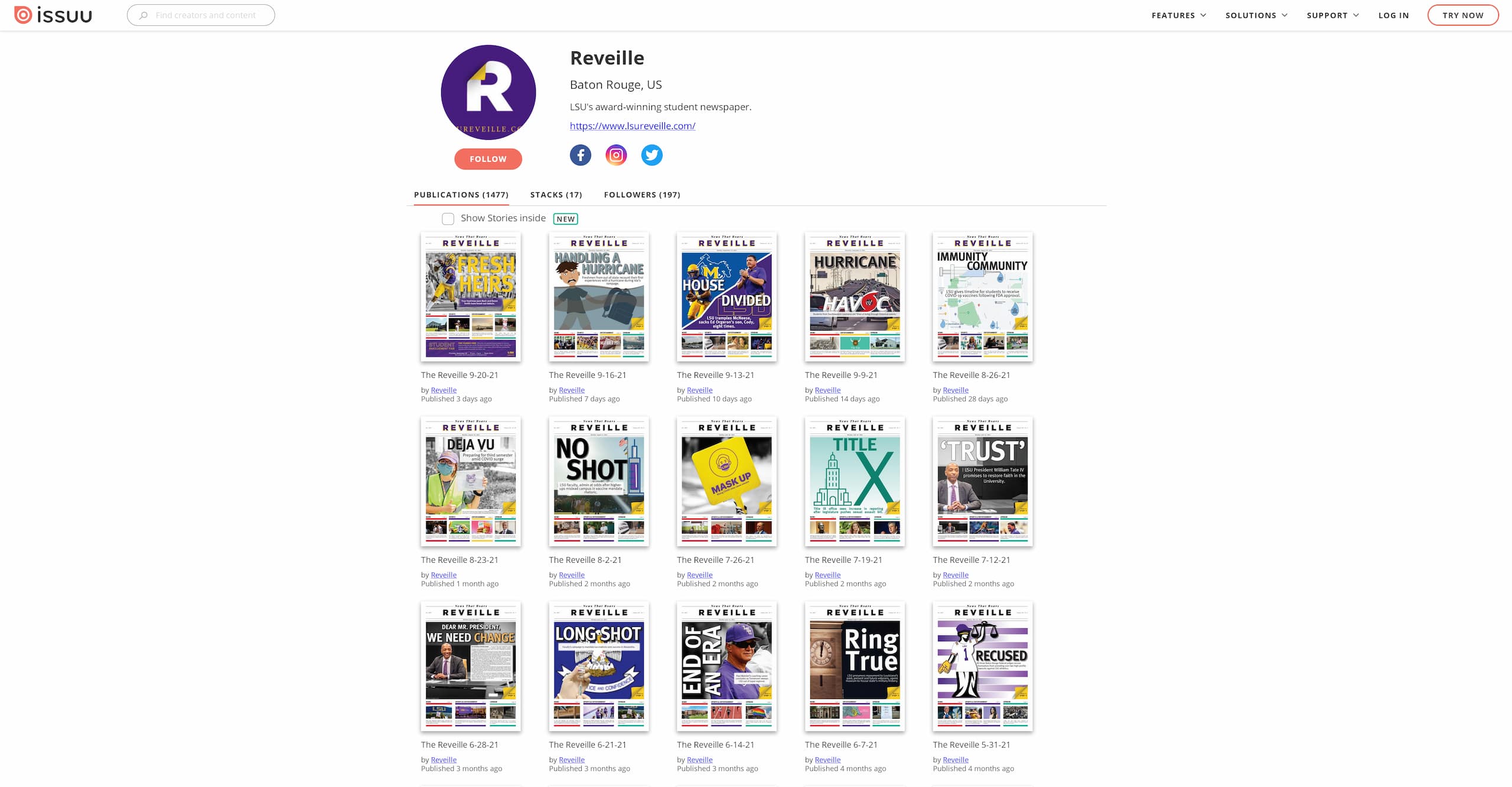LSU Library used to offer a service that allowed library to patrons to recall items checked out to other patrons. Access Services no longer offers this option. Instead, if LSU Librarys copy of an item is checked out, patrons can obtain a different copy of the item through Interlibrary Loan. Catalog records for items that are checked out contain links for Interlibrary Loan that import the items citation information directly into a request form. In certain rare situations, library staff may recall an item from a patron.
LSU Libraries | Interlibrary Loan
Answered by: Access Services Staff
Yes, we allow researchers to make personal research copies of many of our materials using a photocopier, overhead scanner, or personal camera. A photocopier and book scanner are provided in the Reading Room. Manuscript materials may not be self-duplicated with the book scanner or the photocopier. We also do not permit portable scanners in the Reading Room. If you choose to take photographs, you will be provided with a Camera Use Policy form to complete and sign during your visit. We also offer duplication services in which a staff member can copy and send qualifying materials to you. Find out more about our LSU Special Collections duplication services: https://lib.lsu.edu/special#specialcollectionsduplication
Answered by: Kelly Larson
The Louisiana Digital Library has selected interviews available. Visit LSU Libraries Special Collections: since all cataloged interviews are housed in Special Collections at Hill Memorial Library, you may visit the Reading Room where staff will provide access to a dedicated, self-guided public computer where you can access cataloged digital files during office hours. You may request a copy of the interview. See above for instructions. A copy of the interview may be jointly housed in another repository, so be sure to double-check that information in the catalog record.
Answered by: Jennifer Cramer
First, please report that the item is missing to the checkout desk in room 241 of LSU Library. If they are unable to help, it's possible the Special Collections department has an archival copy housed in Hill Memorial Library. If not, please try contacting the Graduate School to see if they have a digital copy available.
LSU Libraries | Special Collections
LSU Pinkie Gordon Lane Graduate School
Answered by: Access Services Staff








